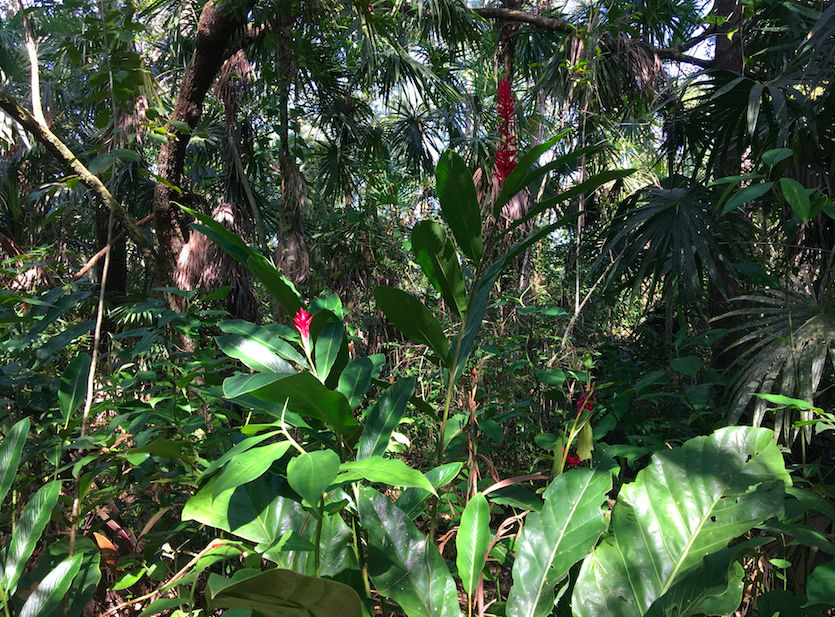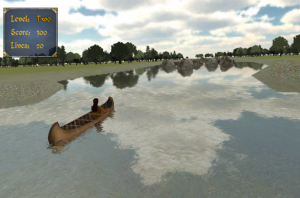Three main lessons I learned from going to Belize:
1. If you want to go some place, just GO! Quit waiting for a day when you will come into the office and say, “My work here is done.” Just go.
2. You can get what you need done almost anywhere, with enough preparation.
3. Keep your eyes open to new ideas.
I’ve wanted to go to Belize for decades. It just seemed like a place I would like – pyramids, jungle, tropical weather, ocean – what’s not to like? However, there’s always SOMETHING.
I went to the Olympics three times to watch them – in Los Angeles, Athens and Beijing. I competed all over the world – Hongkong, Vienna, Caracas. For work, I’ve made more trips around this country than I can count. For a while there, I was in Washington, D.C. Every few months. Lately, it’s been a half-dozen trips a year to North Dakota with at least a couple to Missouri thrown in.
I can’t go to Belize. I have to work.
Finally, I said screw it. I downloaded the references I needed to read on my iPad, made sure all the game repositories were up to date on my laptop and took off for what my new friend in Belmopan refers to as “the bush”.
Was I as productive as I was at home? Maybe. Maybe not. I tried very hard to work at least 7 or 8 hours a day, even if it meant going horseback riding in the jungle until 3 pm and then working until midnight.
As everywhere I go, I was interested in learning about the hardware, software and infrastructure to support educational technology. Here are the results:
In the towns – San Ygnacio, Belize City, Belmopan – we could at least find a decent internet connection. By decent I mean around 900K per second – which is less than one-fortieth the speed I have at home. You might be thinking,
“What the heck can you do with that?”
In fact, it generally was not too bad. I’m working on a prototype of a mobile app and it is around 300MB – so, it took me about 5 minutes to download over the hotel wi-fi . That is not great performance but if it is running in the background or you set your phone down to do something else and come back five minutes later, that’s not an outrageous inconvenience.
I was able to send email, download PDF files for references for a grant I’m writing. Attending the weekly developers meeting via Google hangout was not such a success. The first thing I did was turn video off, thinking that would help performance. Unfortunately, while I could hear everyone fine, they could not hear me Intelligibly. In the end, I called Dennis, who was at the meeting, and he put me on speaker phone when I had something to say.
Here’s a funny thing that happened – we were going to visit a school to learn about their use of educational technology. We got lost. We ended up at the principal’s office and asked for the IT teacher who we were supposed to meet and found out we were at the wrong school! Then, the principal asked us if we’d like to see the computer lab and ask any questions as long as we were there. Of course, we did and we were surprised to find that at both this school and the other school we finally found that the computers ran Windows 7, 8 or 10 . Both schools had a 25 – 30 computers in the lab, which worked out to one for every 10 students or so, but since classes took turns in the computer lab, usually only a few students had to share.
We were very surprised to find that small towns in Belize had equipment as good or better than many of the lower-income schools where our games are used in the U.S.
Internet speed is another issue. I was never able to download our Spirit Lake or Fish Lake games in the hotel. These games are over 800MB and would, in theory, download in 15 minutes or so over a good (for Belize) connection. Unfortunately, I was also in a few places with speed of 300K or less, where the initial estimate was an hour download and I might get 300MB downloaded and then it would fail.
I asked our new IT friend what he did and he said it was no problem, he just set any application to download overnight, then distributed it through all of the school computers through a server.
Again, he was definitely as good or better than the average IT specialist we meet in the U.S., and many schools don’t have an IT specialist any more, victims of one of the many rounds of cuts to education.
I suspect schools in the rural communities will be quite different. Since only about 20% of Belize’s roads are paved, I’m guessing that the technology available in those regions might be quite a bit less.
I took a ton of pictures and we recorded a bunch of audio to be used in our next game, Aztech. We were extremely fortunate to hire a guide to the Mayan ruins who had worked on the archaeological digs for a decade, and whose mother happened to be Mayan. We recorded hours of audio with him on everything from plant remedies to Mayan religious beliefs.
I learned A LOT and that is the topic of tomorrow’s post.
I’m always and everywhere working away making awesome games like Fish Lake. You should check it out. Fun and educational (yes, it is possible to be both). It WILL make you smarter. Available for Mac and Windows


